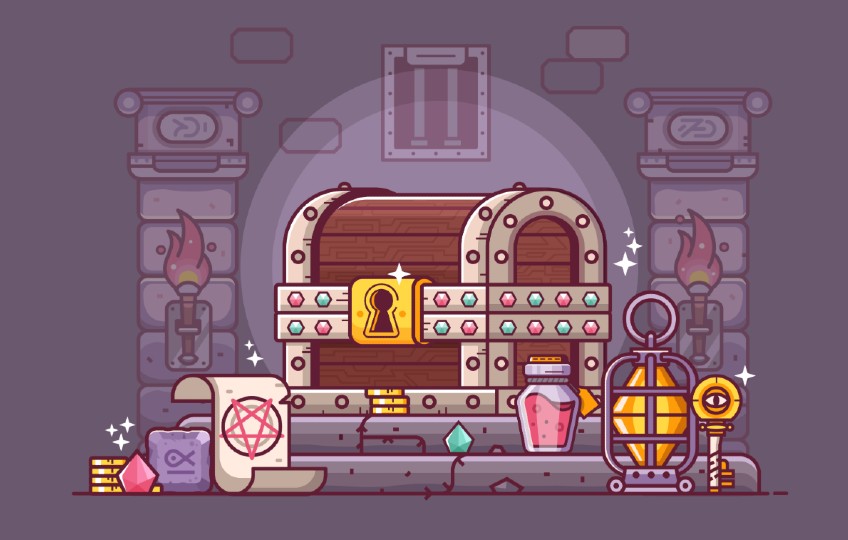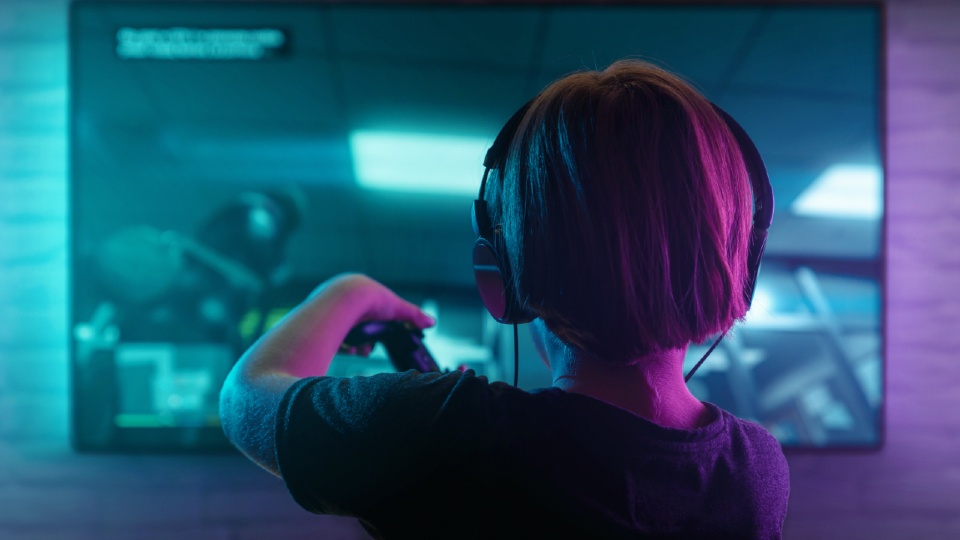The advice and effort to raise awareness of the potential risks associated with gaming and gambling is needed now more than ever as many parents say their children are spending more time playing digital games online due to lockdown measures keeping them indoors.
Loot boxes – digital items that are bought with real world money and contain random items of unknown value – have come under increased scrutiny as games of chance, with debate focusing on whether they should be regulated to protect gamers, especially children and young people who access them.
Dr Sarah Mills, a Reader in Human Geography in the School of Social Sciences and Humanities, has been working with Newcastle’s Dr James Ash and Dr Rachel Gordon to gather youngsters’ experiences of loot boxes as part of a larger Economic and Social Research Council (ESRC)-funded project investigating the blurring between gaming and gambling in digital games.
Their research has been used by YGAM to launch a new ‘Parent Hub’ website to provide families with resources, information, and activities to help build digital resilience and safeguard their children.
Recommended advice includes:
• Disabling pop-ups
• Enabling in-app and on-device parental controls
• Set passwords for in-game purchases
• Restrict and disable in-app purchases
• Set boundaries – for example setting a monthly spending limit.
The website also explains why children are drawn to purchase loot boxes and covers the potential harm loot boxes can cause, such as exposure to and normalisation of gambling style systems.
 An example of a loot box. Image courtesy of Getty Images.
An example of a loot box. Image courtesy of Getty Images.
Dr Mills says the research behind the recommendations is important as it “values children and young people’s first-hand experiences and reveals how they make sense of these gaming systems in their everyday lives at home”.
One young gamer the researchers spoke to as part of their studies told them of how they spent nearly £500 in a mobile card game by buying packs of random cards and at their peak, they were playing the game for six to seven hours a day.
When describing their experience, the young person said: “My guts were saying ‘stop’. Everything was saying ‘stop’, but my brain wasn’t. My brain was like ‘keep opening’. It was hard. It was like when you’re addicted to something. […]. It was hard to stop.”
Dr Mills commented: “These views are important to capture, especially when working with relevant charities that support children, young people and families directly. The educational work of charities such as YGAM is more important than ever during the current challenges of lockdown.”
Dr James Ash, the research lead, added: “Children and young people have told us how they feel disappointment, frustration, anger, and regret at loot box purchases, yet they are still driven to purchase again.
“The advice helps parents understand why children want to buy loot boxes. Reasons include advancing or speeding up game progress, competing with friends, customising characters with the latest or rarest skins, or participating in special events.”
Not only has the research helped shaped the new Parent Hub, it will be used by YGAM to help inform and develop their educational programmes so that all young and vulnerable people are safe from gaming and gambling related harms.
Amanda Atkinson, Head of Parental Engagement at YGAM, said: “The enormous variety of games and in-app purchases available can make it confusing for parents to keep on top of safety controls.
“Through our educational resources, we are focused on providing crucial information to parents so they can identify changes in behaviours and understand the effects this may have on mental and financial wellbeing.”
Parents can access the advice at www.parents.ygam.org
In collaboration with GamCare, YGAM are delivering the UK’s ground-breaking National Gambling Education & Prevention Programme’. Supported by members of the Betting and Gaming Council, the £10 million programme will reach over 3 million young people to raise awareness of the risks of potential gaming and gambling related harms.
